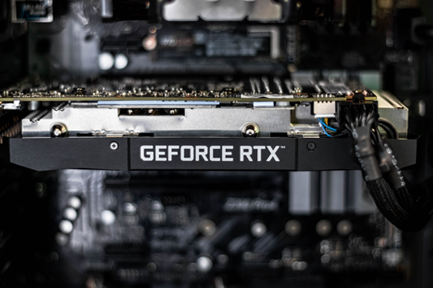How can I store my Dogecoin safely?
The quick-start guide to storing and securing your Dogecoin
Storing your Dogecoin (DOGE) safely is crucial to protect your investment from theft, hacks, and other potential risks. Here are some steps to ensure the safe storage of your DOGE:
Use a Hardware WalletThe safest way to store your DOGE and other cryptocurrencies is by using a hardware wallet. Hardware wallets are physical devices that store your private keys offline, making them less vulnerable to online threats. Popular hardware wallets that support DOGE include Ledger Nano S, Ledger Nano X, and Trezor Model T.
Set up a Software WalletIf you prefer a more user-friendly option and don't plan to store large amounts of DOGE, you can use a software wallet. These wallets run on your computer or smartphone and can be secure if used correctly. Examples of software wallets for DOGE include Exodus, Trust Wallet, and Coinomi.
Enable Two-Factor Authentication (2FA)Whether you use a hardware wallet or a software wallet, enable 2FA whenever possible. This adds an extra layer of security by requiring a one-time code from your mobile device to access your wallet.
Secure Your Private KeysYour private keys are the keys to your cryptocurrency. Never share them with anyone, and store them securely offline. Consider using a secure hardware device like a USB flash drive or a paper wallet to keep backup copies of your private keys.
Keep Software and Firmware UpdatedIf you're using a hardware wallet, regularly update its firmware to ensure it has the latest security patches. For software wallets, keep your operating system and wallet software up to date to protect against potential vulnerabilities.
Beware of Phishing ScamsBe cautious of phishing attempts, especially when accessing online wallets or exchanges. Always double-check the website's URL, use bookmarks, and avoid clicking on suspicious links in emails or messages.
Backup Your WalletRegularly back up your wallet's data and store the backups securely. If your wallet is lost or damaged, having a backup will allow you to recover your funds.
Practice Cold StorageConsider using "cold storage" for the bulk of your DOGE holdings. Cold storage means keeping your private keys completely offline, such as on a hardware wallet or paper wallet. This makes it nearly impervious to online threats.
Diversify Storage LocationsAvoid putting all your DOGE in one wallet or storage location. Diversify your storage methods and keep backups in different physical and digital locations to minimize risk.
Stay InformedStay up to date with the latest security best practices and news in the cryptocurrency space. Being informed about potential threats and scams will help you protect your investments.
Remember that the security of your DOGE holdings ultimately depends on your diligence and adherence to security best practices. Taking these precautions will significantly reduce the risk of losing your Dogecoin to theft or other security breaches.
Please note that investing in cryptocurrencies carries risks, and prices can fluctuate significantly. It's essential to do your research and consider your risk tolerance before investing. Additionally, be cautious of potential scams and use reputable exchanges and wallets to protect your investment.
More articles
You might also be interested in these Doge-related articles

The beginners guide to investing in crypto
Are you interested making money with crypto?
We take the mystery out of investing in cryptocurrency with our handy no-nonsense guide.

